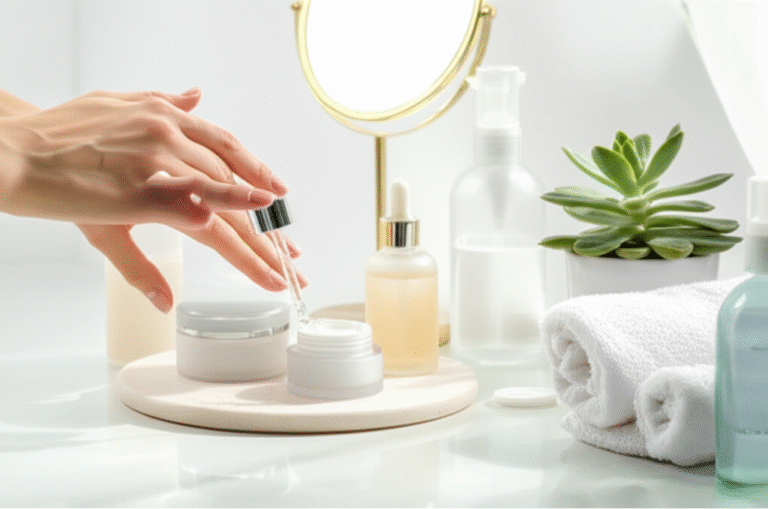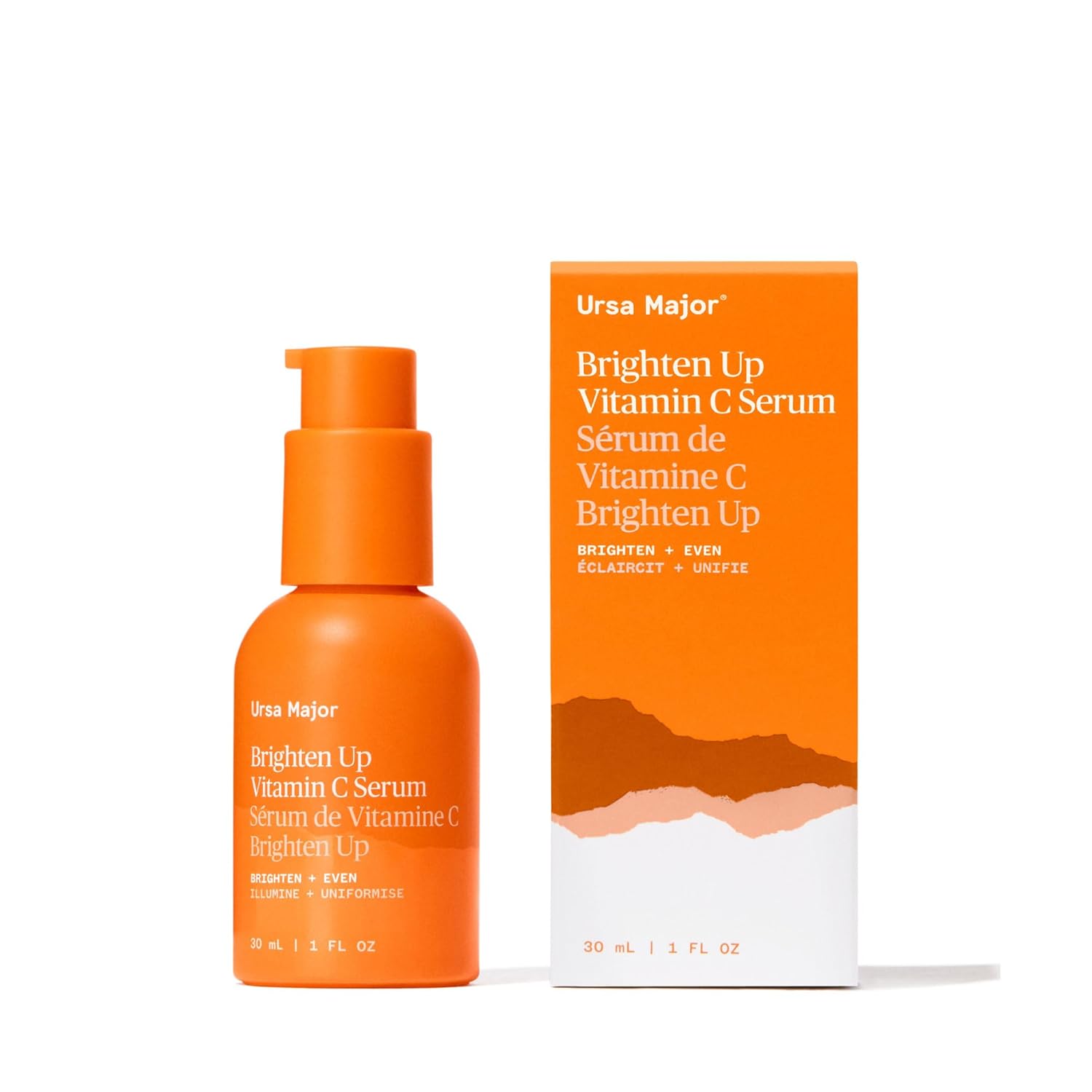Skin Care Olive: Proven, Essential Advice

Unlock your skin’s natural radiance with olive oil! Discover how this time-tested ingredient, packed with antioxidants, can hydrate, protect, and rejuvenate your skin. Learn simple, effective ways to incorporate olive oil into your daily routine for a healthy, glowing complexion. From gentle cleansing to deep moisturizing, we’ll guide you through proven tips for beautiful skin, the natural way.
Why Everyone’s Buzzing About Olive Oil for Skin
Dreaming of skin that feels soft, looks luminous, and stays healthy? You’re not alone! Many find the world of skincare overwhelming, with endless products and complicated routines. It’s easy to get lost trying to figure out what truly works and what’s just a fad. The good news? Sometimes, the best solutions are hiding in your kitchen pantry!
Olive oil, that golden liquid from olives, has been cherished for centuries for its incredible benefits, not just for cooking, but for our skin too. It’s like a natural treasure chest for glowing skin. Forget harsh chemicals and expensive treatments; we’re going back to basics with a champion ingredient that’s gentle, effective, and super affordable.
This guide is designed to make skincare simple and enjoyable, no matter your experience level. We’ll break down exactly how olive oil can transform your complexion, offering easy, step-by-step advice you can follow right away. Get ready to embrace a naturally beautiful, healthy glow!
The Science Behind Olive Oil’s Skin Magic
It’s not just folklore; olive oil’s reputation for skincare is backed by science! This amazing ingredient is rich in powerful compounds that work wonders for your skin. Understanding what’s inside helps us appreciate why it’s so effective.
Key Nutrients in Olive Oil for Your Skin
The true hero of olive oil is its rich composition of beneficial elements. These aren’t just fancy terms; they’re the building blocks for healthy, vibrant skin.
- Fatty Acids: Olive oil is loaded with monounsaturated fatty acids, particularly oleic acid. These are fantastic for moisturizing and protecting the skin’s barrier, keeping it hydrated and supple. Think of them as tiny helpers locking in moisture.
- Antioxidants: Vitamin E is a superstar antioxidant found in olive oil. It helps fight off free radicals – those sneaky molecules that can damage your skin cells and lead to premature aging. Another potent antioxidant is oleocanthal, which has properties similar to ibuprofen and can help soothe skin.
- Vitamins A & D: While present in smaller amounts, these vitamins also contribute to skin cell regeneration and repair.
These natural components work together to nourish your skin from the outside in. For a deeper dive into how antioxidants protect your skin from environmental damage, you can explore resources from the National Institutes of Health (Source: NIH – Antioxidants and Health).
How These Nutrients Benefit Your Skin
So, how do these fantastic nutrients translate into visible results for your skin? Here’s a simple breakdown:
- Deep Hydration: The fatty acids in olive oil penetrate the skin, providing lasting moisture without feeling greasy. This is crucial for combating dryness and flakiness.
- Soothing Inflammation: The anti-inflammatory properties help calm redness and irritation, making it a great ally for sensitive or troubled skin.
- Fighting Signs of Aging: By neutralizing free radicals, the antioxidants in olive oil can help reduce the appearance of fine lines and wrinkles, promoting a more youthful look.
- Improving Skin Elasticity: Regular use can help maintain the skin’s natural elasticity, keeping it firm and toned.
- Gentle Cleansing: Olive oil can effectively break down makeup and impurities, acting as a natural cleanser.
Choosing the Right Olive Oil for Your Skin
Not all olive oils are created equal, especially when it comes to skincare. To get the best results, you need to pick the right type. Think of it like choosing the right ingredients for a gourmet meal – quality matters!
Extra Virgin Olive Oil: The Gold Standard
When shopping for olive oil for your skin, always opt for Extra Virgin Olive Oil (EVOO). Here’s why:
- Cold-Pressed: EVOO is made using mechanical methods without heat or chemicals. This preserves its natural goodness, including those precious antioxidants and nutrients.
- Higher Quality: It has fewer defects and a superior flavor (and in our case, superior skin benefits!).
- Richer Nutrients: Because it’s less processed, EVOO retains more of its beneficial fatty acids and polyphenols (powerful antioxidants).
Look for labels that specify “Extra Virgin” and ideally mention “cold-pressed” or “first cold extraction.”
Other Types to Avoid (For Skin)
While other types of olive oil are fine for cooking, they aren’t ideal for your face:
| Olive Oil Type | Why it’s not ideal for skin |
|---|---|
| Virgin Olive Oil | Still good quality, but slightly less refined than EVOO, meaning potentially fewer beneficial compounds. |
| Pure Olive Oil / Olive Oil | These are usually blends of refined olive oil and virgin or extra virgin olive oil. The refining process can strip away many nutrients. |
| Light Olive Oil | This refers to flavor and color, not amount of fat. Often highly refined, meaning less beneficial compounds and potentially added chemicals. |
Always go for EVOO for the most potent skin benefits.
Simple Ways to Use Olive Oil for Glowing Skin
Ready to put this golden elixir to work? Incorporating olive oil into your skincare routine is incredibly simple. You don’t need a complex, multi-step process. Here are a few easy, effective ways to start.
1. As a Gentle Makeup Remover
Tired of harsh makeup removers that leave your skin feeling stripped? Olive oil is a fantastic, natural alternative. It’s particularly effective at breaking down waterproof mascara and long-wear foundation.
How-to:
- Pour a small amount of EVOO (about a dime-sized amount) onto a cotton pad or your fingertips.
- Gently massage it over your face, including your eye area, to dissolve makeup.
- Wipe away with a soft, damp cloth or cotton pad.
- Follow with your regular cleanser to remove any residue and ensure your pores are clean. This double-cleansing method is highly recommended for thorough purification.
2. As a Natural Moisturizer
Olive oil is a superb emollient, meaning it softens and smooths the skin. It’s especially beneficial for dry or rough patches.
How-to:
- After cleansing and toning (if you use a toner), warm a few drops of EVOO between your fingertips.
- Gently pat and press the oil onto your face and neck. A little goes a long way!
- Allow it to absorb for a few minutes before applying sunscreen in the morning or before bed.
Tip: For extra hydration, apply it to slightly damp skin. This helps “trap” the moisture.
3. As a Hydrating Facial Mask
Give your skin a pampering treat with this simple, moisturizing mask. It’s perfect for boosting radiance and combating dullness.
DIY Olive Oil Mask Recipe:
- 1 tablespoon Extra Virgin Olive Oil
- 1 teaspoon Honey (known for its humectant and antibacterial properties)
- Optional: A few drops of your favorite skin-safe essential oil (like lavender for calming) or a pinch of turmeric for brightening.
How-to:
- Mix the olive oil and honey (and any optional ingredients) in a small bowl until well combined.
- Apply a thin layer to your clean face, avoiding the eye area.
- Leave it on for 10-15 minutes.
- Rinse thoroughly with lukewarm water and gently pat your skin dry.
This mask leaves skin feeling incredibly soft and nourished.
4. For Soothing Dry, Cracked Hands and Feet
Hands and feet can often bear the brunt of daily activities, leading to dryness and cracking. Olive oil is a lifeline for these hardworking parts of your body.
How-to:
- Massage a generous amount of EVOO into your hands and feet, paying attention to cuticles and heels.
- For an intensive overnight treatment, put on a pair of cotton gloves and socks after applying the oil.
- Let the oil work its magic while you sleep!
5. As a Moisturizing Body Oil
Extend those wonderful moisturizing benefits to your entire body! After a shower or bath, your skin is more receptive to hydration.
How-to:
- Gently pat your skin with a towel, leaving it slightly damp.
- Pour a small amount of EVOO into your palm and rub your hands together to warm it.
- Massage the oil all over your body.
Who Can Benefit from Olive Oil Skincare?
The beauty of olive oil is its versatility! It’s a friend to many skin types, but it particularly shines for certain concerns.
Ideal For:
- Dry Skin: Its rich emollient qualities are perfect for replenishing much-needed moisture.
- Mature Skin: The antioxidants and vitamins can help combat signs of aging and improve elasticity.
- Normal Skin: It helps maintain hydration and protect the skin barrier.
- Sensitive Skin: When used correctly, its natural soothing properties can often be better tolerated than synthetic ingredients.
- Those Seeking Natural Alternatives: It’s a fantastic option for anyone wanting to reduce their use of chemical-laden products.
Considerations for Oily or Acne-Prone Skin
If you have oily or acne-prone skin, you might feel hesitant about using oil. However, some oils, including olive oil, can actually be beneficial when used correctly. The key is moderation and proper cleansing.
Here’s what to keep in mind:
- Use Sparingly: Start with just a drop or two. You don’t need much to benefit.
- Cleanse Thoroughly: Always double cleanse to ensure all traces of the oil are removed, preventing pore blockage.
- Patch Test: Always do a patch test on a small area of your skin before applying it all over your face.
- Non-Comedogenic Oils: While olive oil is generally considered moderately comedogenic (meaning it might clog pores for some), its benefits can outweigh this risk for many when used correctly. However, if you have very reactive or breakout-prone skin, you might find lighter oils like jojoba or grapeseed oil more suitable. For scientific insight into comedogenicity, you can refer to dermatological resources that discuss pore-clogging ingredients.
Even individuals with certain types of acne may find relief from the anti-inflammatory properties of olive oil, as long as they are diligent with their cleansing routine.
Tips and Tricks for Best Results
To maximize the benefits of olive oil for your skin, a few simple practices can make a big difference. Think of these as the finishing touches that elevate your skincare game.
1. Start Small and Be Patient
You don’t need to drench your face in olive oil. Begin with just a drop or two and see how your skin responds. Consistency is key, so use it regularly for a week or two to notice its full effects.
2. Always Use Extra Virgin Olive Oil
As discussed, EVOO is the richest in nutrients. Ensure your bottle is fresh and stored properly in a cool, dark place to maintain its potency.
3. Patch Test First
Before applying any new ingredient to your entire face, test it on a small, inconspicuous area (like behind your ear or on your inner wrist) for 24-48 hours to check for any adverse reactions.
4. Don’t Forget Sun Protection
While olive oil can help protect your skin, it is NOT a substitute for sunscreen. Always apply a broad-spectrum SPF daily. Check out resources from the Skin Cancer Foundation for guidelines on sun protection (Source: Skin Cancer Foundation – Sunscreen).
5. Listen to Your Skin
Every person’s skin is unique. What works wonders for one person might not be perfect for another. If you experience any irritation, stop using it and consult a dermatologist.
6. Combine with Other Natural Ingredients
Olive oil pairs beautifully with other natural ingredients. Mix it with honey, yogurt, or mashed avocado for customized masks tailored to your skin’s needs.
Olive Oil Skincare: Pros and Cons
Like any skincare ingredient, olive oil has its advantages and potential drawbacks. Understanding these helps you make informed choices for your skin.
| Pros | Cons |
|---|---|
| Deeply moisturizing and hydrating | Can be too heavy for very oily or acne-prone skin types if not used sparingly |
| Rich in antioxidants (Vitamin E, polyphenols) | Potential for comedogenicity (pore clogging) for sensitive individuals |
| Soothes and calms skin inflammation | Requires careful selection of the right type (EVOO) |
| Effective natural makeup remover | Needs to be followed by a cleanser to remove all residue |
| Improves skin elasticity and softness | Requires proper storage to maintain freshness and potency |
| Affordable and readily available | Strong scent might be off-putting for some |
| Supports skin barrier function | Not a replacement for daily SPF protection |
Olive Oil for Specific Skin Concerns
Beyond general hydration and anti-aging, olive oil can offer targeted benefits for common skin issues.
Hydrating Dry Patches
For stubborn dry patches on elbows, knees, or heels, applying a small amount of EVOO and covering it with a bandage or soft cloth can help it penetrate and soften the skin effectively overnight.
Nourishing Cuticle Care
Regularly massaging EVOO into your cuticles can keep them soft, prevent hangnails, and promote healthier nail growth. This is a simple, spa-like treatment you can do at home.
Gentle Exfoliation
For a mild exfoliation, mix olive oil with a fine-grained natural exfoliant like sugar or finely ground oatmeal. Gently massage this mixture onto damp skin, then rinse. The oil provides lubrication and moisturizes as you exfoliate.
Soothing Sunburn Relief
While not a primary treatment, pure aloe vera gel mixed with a small amount of olive oil can provide cooling relief and moisture to slightly sun-affected skin, helping to prevent peeling. Always prioritize sun protection to avoid sunburn in the first place!
Frequently Asked Questions (FAQs)
Q1: Is olive oil good for all skin types?
Olive oil is generally beneficial for dry, normal, and mature skin due to its excellent moisturizing and antioxidant properties. While it can be used by oily or acne-prone individuals, it’s best to use it sparingly (just a drop or two), patch test first, and always cleanse thoroughly afterward, as it can be comedogenic for some.
Q2: How often can I use olive oil on my face?
You can use olive oil daily as a makeup remover or moisturizer. For masks, use them 1-2 times a week. Pay attention to how your skin reacts and adjust the frequency accordingly.
Q3: Can olive oil really reduce wrinkles?
While olive oil itself won’t eliminate wrinkles, its rich antioxidant content (especially Vitamin E) helps combat free radicals that contribute to premature aging and wrinkle formation. Regular use can improve skin elasticity and hydration, which can make existing fine lines less apparent.
Q4: What is the best way to store olive oil for skincare?
Store your Extra Virgin Olive Oil in a cool, dark place, such as a pantry or cupboard, away from direct sunlight and heat. Keep the bottle tightly sealed. This helps preserve its nutrients and prevents it from becoming rancid.
Q5: Can I use olive oil as a daily facial moisturizer if I have oily skin?
For oily skin, it’s usually recommended to use only a very small amount (1-2 drops) massaged into the skin. Ensure you cleanse your face thoroughly afterward. You



